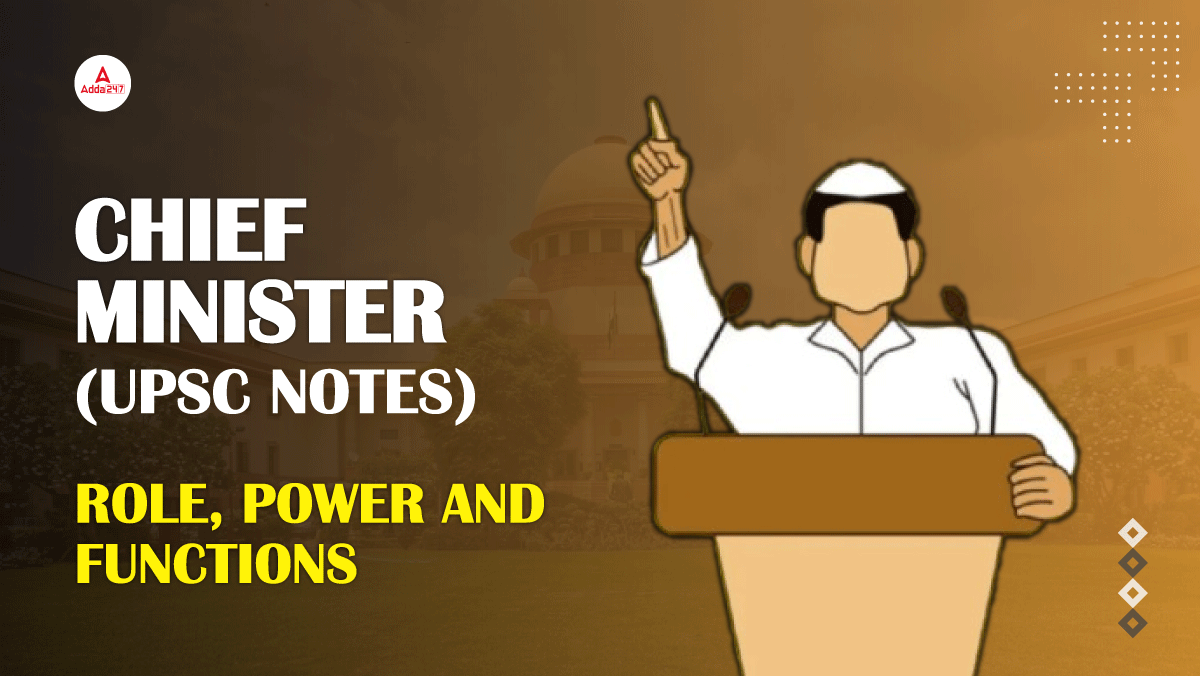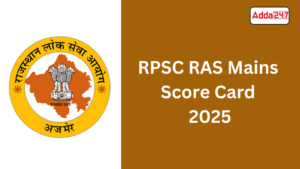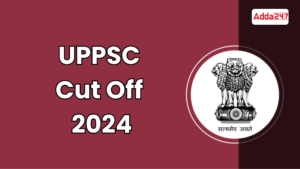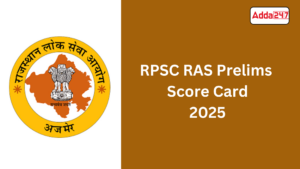Table of Contents
Chief Minister UPSC Notes
In this article, we will be extensively discussing about the appointment, term, powers, functions and relationship of the chief minister with the council and the governor, we aim to help candidates with the preparation of UPSC prelims and mains GS 2 through our Chief Minister UPSC notes, we have also provided the downloadable PDF for the below Chief Minister UPSC notes.
Chief Minister
The Constitution has provided the same governance pattern to the states as to the center, the governor is the nominal head and the real head of the executive is constituted by the council of ministers headed by the chief minister which can be said in other words that governor is head of the state and the chief minister is head of the government.
How Chief Minister is Appointed ?
The constitution does not have specific procedures for selection and appointment of the chief minister.
- Though the article 164 deals with the appointment of the chief minister to be done by the governor.
- The governor appoints leader of the majority party as the chief minister.
- In the case where no party has a clear majority, the appointment of chief minister is discretionary power of the governor.
- The constitution does not require a person to prove his majority in the legislative assembly to be appointed as the chief minister, the majority can be proved later within a reasonable time frame.
- It is not necessary for a person to be member of the legislative assembly, but should become one within 6 months of the appointment as chief minister.
- person to be appointed as chief minister can be member of any of the house.
Oath and Term of Chief Minister in India
Learn about oath and term of chief minister for UPSC prelims and mains GS 2
Oath of Chief Minister
Oath of chief minister is discussed below :
- The governor administers the oath for the chief minister.
- In his oath the chief minister swears for secrecy and allegiance to the constitution.
Term of Chief Minister
Term of chief minister is discussed below :
- The CM does not holds office for a fixed term but during the pleasure of the governor.
- He cannot be dismissed by the governor till the time he enjoys majority in the state legislature and if he looses the majority then
- he must resign or the governor can dismiss him.
- The salary and allowances of the chief minister are determined by the state legislature.
Powers and Functions of Chief Minister
Candidate must learn about powers and functions of chief minister not only for GS 2 but also to understand about the ongoing current events, read below about the powers and functions of the Chief Minister.
What are Powers of Chief Minister ?
As executive head of the state, the Chief minister enjoys the following powers :
- Chief minister recommends the names for the council of ministers.
- He can ask a minister to resign or advise governor to dismiss him.
- He allocates the ministries to the ministers.
- He advises governor for appointment of the advocate general, chairman and members of the state public service commission and state election commissioner.
- He announces government policies.
What are Functions of Chief Minister ?
Now that we have learned about the appointment, term and powers of the chief minister, let’s take a look for the functions performed by the chief minister.
- He presides the meetings with the council of ministers.
- He coordinates with all ministries and departments.
- If necessary, he may recommend the dissolution of the state legislature.
- He is chairman of the State Planning Board.
- also he is the member of the Inter-State council and the National Developmental Council (both are headed by the Prime Minister)
- He act as chief spokesperson for issues relating to the state.
Relationship between the Governor and Chief Minister (UPSC)
The governor plays an important role in ensuring the effective administration of the state while coordinating the state with the center for developing the national integrity and inclusion of all in the developmental journey, it is important for us to understand the relations of the governor and the chief minister.
- It is duty of the Chief Minister to inform the governor about decisions of the council of ministers.
- Governor can ask the chief minister for reports over the administration of the state.
- Article 163 : states the establishment for council of ministers to aid and advise the governor.
- Article 164 : mentions the provisions for appointment of the chief minister.
- Article 167 : mentions the duty of chief minister to inform the governor about any decision of the cabinet.
UPSC PYQs for Chief Minister (Indian Polity)
Now, that you have been through the above Chief Minister UPSC notes, try to attempt the previous year question asked about the Chief Minister in the UPSC exam, if you fid any difficulty you should refer back to the above Chief Minister UPSC Notes.
Q1. Which one of the following statements is correct? (2013)
(a) In India, the same person cannot be appointed as Governor for two or more States at the same time
(b) The Judges of the High Court of the States in India are appointed by the Governor of the State just as the Judges of the Supreme Court are appointed by the President
(c) No procedure has been laid down in the Constitution of India for the removal of a Governor from his/her post
(d) In the case of a Union Territory having a legislative setup, the Chief Minister is appointed by the Lt. Governor on the basis of majority support.
Q2. Who among the following constitute the National Development Council?(2013)
- The Prime Minister
- The Chairman, Finance Commission
- Ministers of the Union Cabinet
- Chief Ministers of the States
Select the correct answer using the codes given below:
(a) 1, 2 and 3 only
(b) 1, 3 and 4 only
(c) 2 and 4 only
(d) 1, 2, 3 and 4



 RPSC RAS Mains Score Card 2025 Out, Chec...
RPSC RAS Mains Score Card 2025 Out, Chec...
 UPPSC Cut Off 2024, Expected and Previou...
UPPSC Cut Off 2024, Expected and Previou...
 RPSC RAS Prelims Score Card 2025 Out, Ch...
RPSC RAS Prelims Score Card 2025 Out, Ch...





